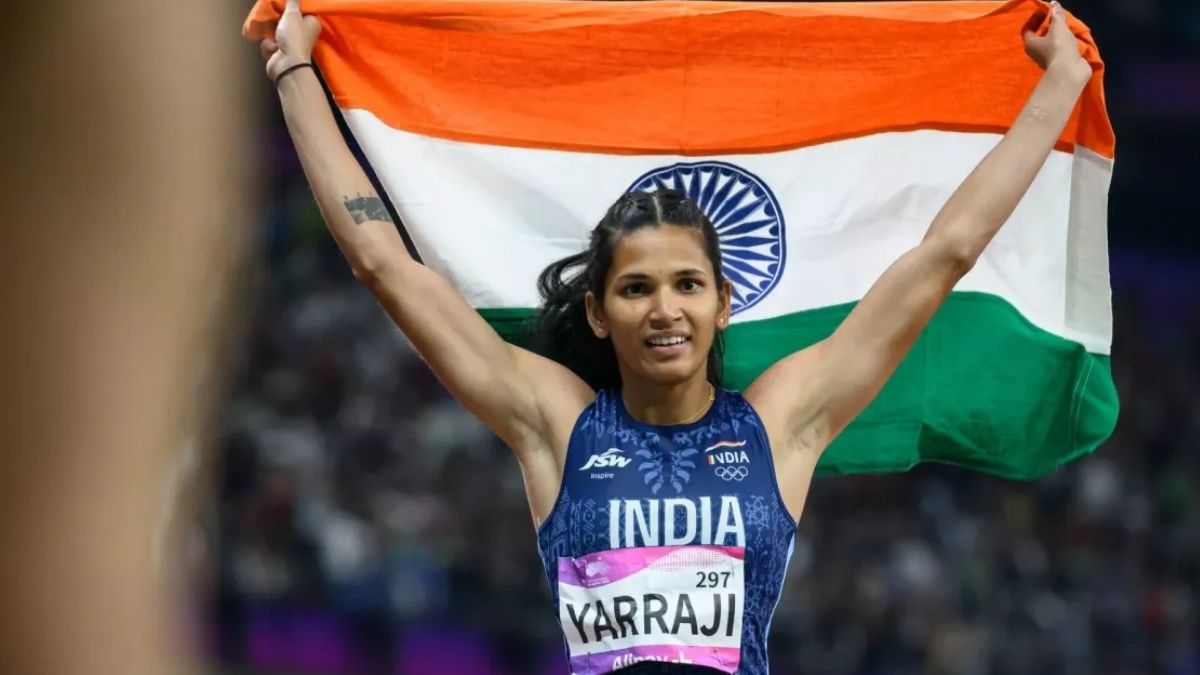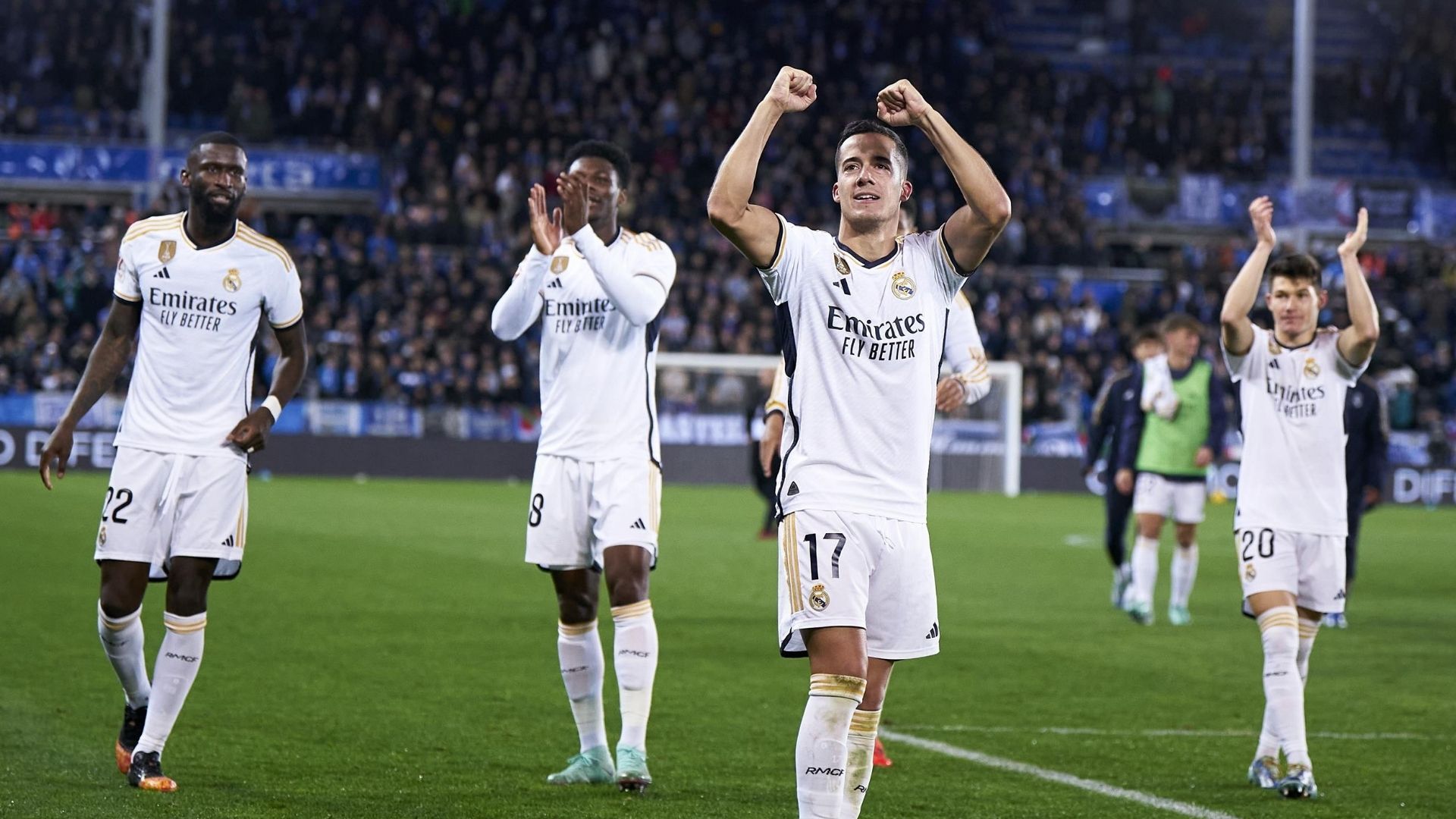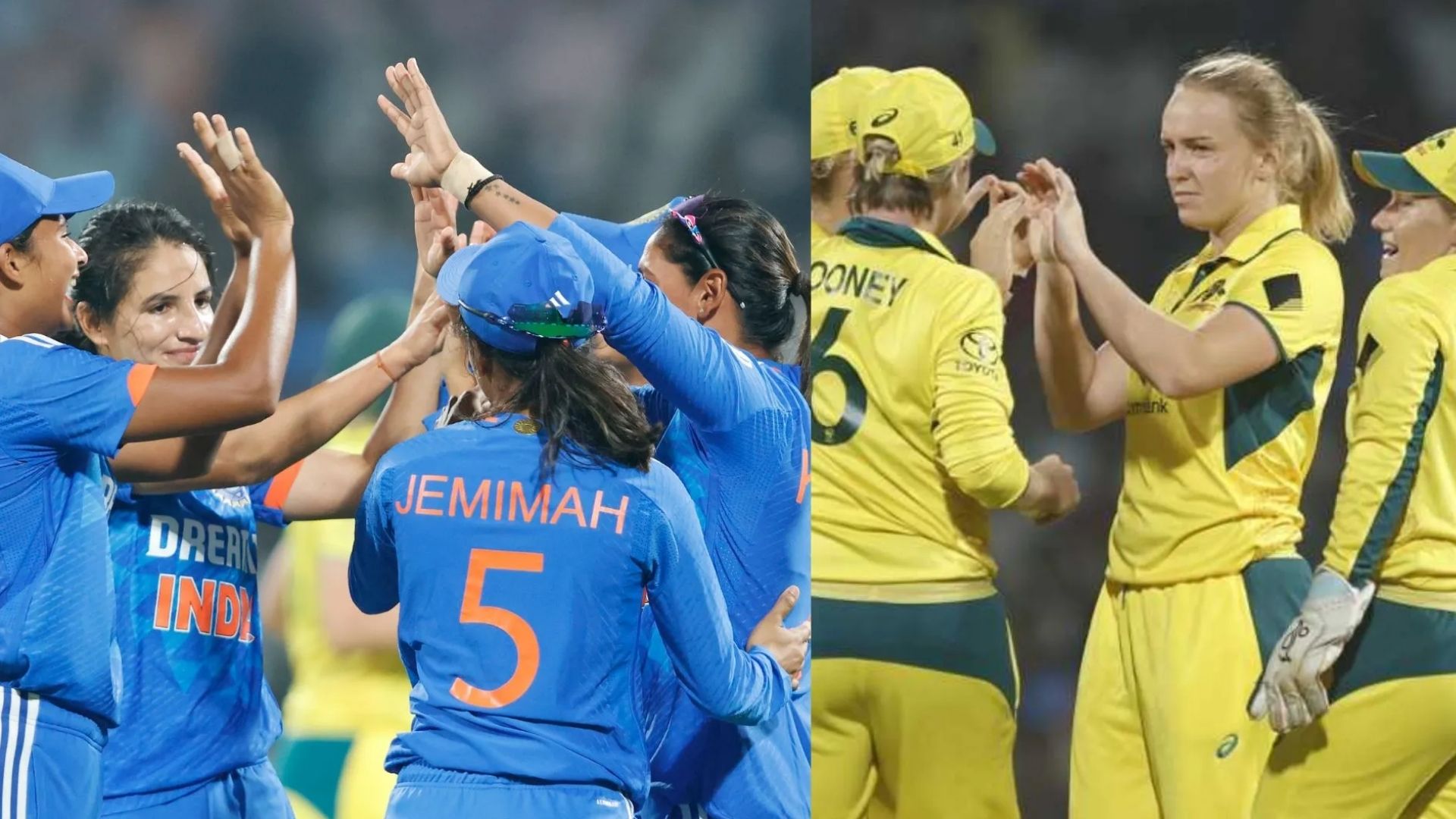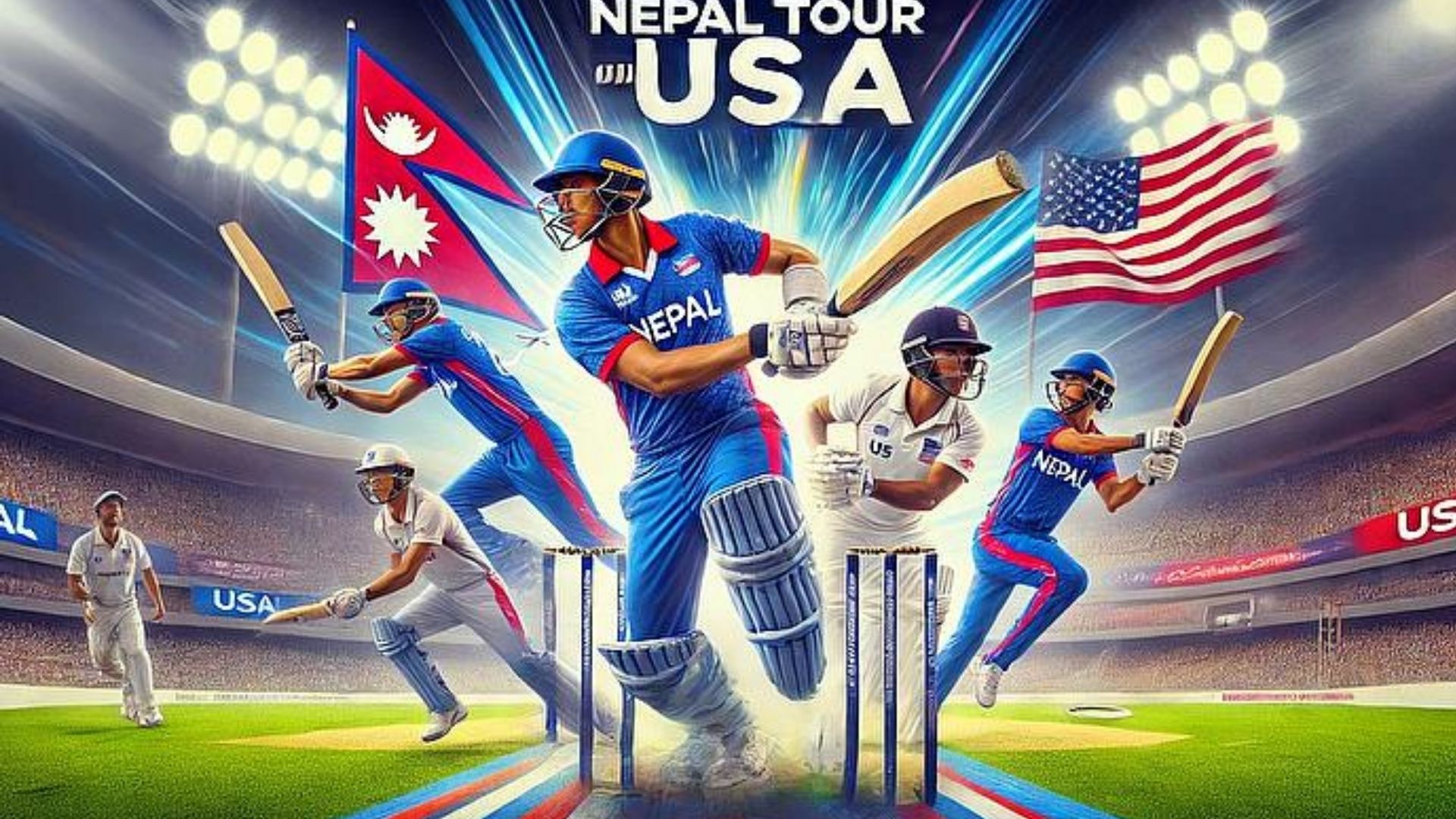Introduction
The 21st century has revolutionized nearly every aspect of human life, and sports are no exception. What was once a straightforward contest of physical skill and endurance has now evolved into a multifaceted global industry—fueled by technology, powered by data, and shaped by changing cultural and social dynamics. From the rise of esports to AI-assisted coaching, the very definition of “sport” is undergoing a dramatic transformation. In this blog, we explore the sweeping evolution of modern sports, diving deep into the forces reshaping competition in our digital era.
Learn More :- The Rise of Young Talent in Global Football: A New Era Begins
1. Technology and Performance: The Digital Athlete
The Rise of Sports Science
Today’s athletes are no longer training blindly. Thanks to sports science, training programs are optimized using physiological data, biomechanical assessments, and cognitive profiling. Wearable tech like GPS vests, smartwatches, and motion sensors capture real-time stats—from heart rate and distance covered to muscle fatigue indicators.
Teams now employ entire departments of performance analysts, sports psychologists, and nutritionists. Football clubs, for instance, use data not just for fitness but also to predict injury risk and tailor recovery programs. This level of precision was unthinkable even two decades ago.
Virtual and Augmented Reality in Training
Virtual Reality (VR) is transforming how athletes prepare. Quarterbacks in American football use VR headsets to simulate game situations and improve decision-making. Soccer players train with augmented overlays showing passing lanes, positioning, and tactics. The blend of virtual and real-world training environments boosts reaction time and tactical awareness—creating a smarter, faster athlete.
LEARN MORE : https://digitalmohit.co.in/
2. The Expansion of Competition: Esports and Digital Arenas
Defining the Modern Athlete
The 21st century has broadened the concept of competition to include virtual skillsets. Esports—competitive video gaming—has exploded into a billion-dollar industry with global leagues, professional teams, and massive tournaments like The International and League of Legends World Championship.
Are esports “real” sports? While some argue they lack physicality, others counter that they require rigorous training, strategy, hand-eye coordination, and mental endurance. Esports athletes train for hours daily, follow strict routines, and face the same pressures as traditional athletes.
Crossover Between Traditional Sports and Gaming
Major sports franchises are investing in esports teams, and many athletes are avid gamers or even team owners. The NBA 2K League, FIFA eWorld Cup, and F1 Esports Series show how digital and physical sports are merging. This crossover not only attracts younger fans but also extends the reach of traditional sports into new markets.
3. Social Media, Branding, and the Athlete as Influencer
Direct Access to Fans
In the past, fans interacted with athletes through newspaper interviews or brief television appearances. Today, social media platforms like Instagram, TikTok, and X (formerly Twitter) give athletes direct access to millions. This visibility allows them to build personal brands, share behind-the-scenes content, and even engage in activism.
Athletes like Cristiano Ronaldo, LeBron James, and Naomi Osaka have follower counts that rival global celebrities. Their influence extends beyond sports—into fashion, politics, mental health advocacy, and entrepreneurship.
Learn More :- http://The Pulse of Racing Sports
Monetization and Sponsorship
With direct fan access comes greater commercial opportunity. Athletes now monetize their personal brands through endorsements, collaborations, and sponsored posts. The era of athlete-entrepreneurs is in full swing, with many launching their own businesses, fitness apps, or fashion lines.
4. Equality, Activism, and the Changing Role of Sports
Sports as a Platform for Social Change
Modern sports are no longer isolated from politics and social issues. Athletes have become some of the most powerful voices in global activism. Colin Kaepernick’s kneeling protest, the WNBA’s advocacy for racial justice, and Megan Rapinoe’s fight for gender equality have all demonstrated how sports can amplify societal change.
This shift has redefined the role of the athlete. No longer just performers, they are public figures with influence far beyond the field.
Inclusion and Gender Equity
Efforts to level the playing field have gained momentum. Pay equity movements, like the USWNT’s successful equal pay campaign, have sparked global debates. More women’s leagues are gaining media coverage, sponsorship, and investment. Paralympic sports and adaptive athletics are also seeing a surge in popularity, driving greater inclusivity in sports.
5. Smart Stadiums and the Fan Experience
Tech-Enhanced Venues
Stadiums are no longer just places to watch a game—they are immersive digital experiences. High-speed Wi-Fi, mobile ordering, AR replays, and in-seat screens are enhancing fan engagement. Some stadiums, like SoFi Stadium in Los Angeles or Tottenham Hotspur Stadium in London, are technological marvels built for the next generation of sports entertainment.
Global Broadcasting and Streaming
Sports are no longer restricted by geography. Streaming services like DAZN, ESPN+, and Amazon Prime have brought global sports to every corner of the planet. Fans can follow their favorite teams and athletes in real time, with multi-angle replays, real-time stats, and interactive commentary.
This global reach has created new fan bases in countries where certain sports were once niche. For example, the NBA’s massive popularity in China and cricket’s growing fan base in North America show how the digital era is globalizing fandom.
6. Artificial Intelligence and the Future of Coaching
AI in Strategy and Scouting
Artificial Intelligence is increasingly used in game analysis, scouting, and tactical planning. AI systems process thousands of data points from past matches to generate predictive insights—helping coaches make smarter decisions.
In basketball, AI tools assess shot selection, player movement, and even emotional response under pressure. In baseball, AI scouts identify hidden talent by analyzing pitch speed, swing angles, and reaction times.
Robo-Refs and Fairer Play
Video Assistant Referee (VAR) and goal-line tech are just the beginning. AI is being used to assist referees in real time, reducing human error and bias. Systems like Hawk-Eye, used in tennis and cricket, provide near-instant decisions with mathematical precision. While controversial at times, these systems aim to make sport fairer and more consistent.
7. Sustainability and the Environmental Impact of Sports
Green Stadiums and Eco-Friendly Events
The climate crisis has forced sports to address their environmental footprint. Large events produce significant emissions through travel, construction, and energy use. In response, many venues are adopting sustainable practices: solar panels, zero-waste concessions, water recycling, and carbon offsetting programs.
Events like the Tokyo 2020 Olympics made headlines for their recycled podiums, cardboard beds, and sustainable sourcing. The trend is spreading to domestic leagues, with clubs committing to eco-friendly initiatives.
Conclusion: The Future of Sport is Now
Modern sports are a vibrant reflection of our fast-changing world. No longer confined to a field or court, they are evolving ecosystems influenced by technology, culture, and society. Whether it’s a football match, a Formula 1 race, or an online battle in Valorant, competition is being redefined in real time.
The 21st century has turned sports into more than a game—it’s a global platform for innovation, connection, and transformation. As we look ahead, one thing is certain: the evolution of modern sports has only just begun.
















Leave a Reply